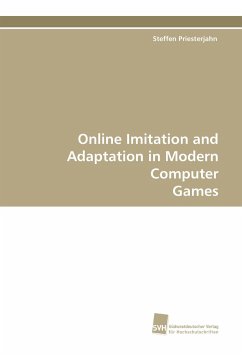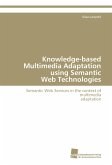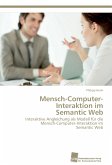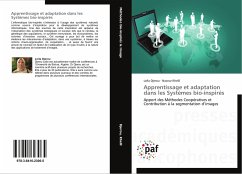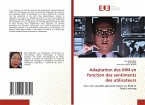Commercial computer games have significantly evolved
in the recent decade. Current games feature vast and
highly detailed virtual environments with realistic
physics, complex and highly dynamic gameplay as well
as complex multi-player game modes. Therefore, the
creation of sophisticated and intelligent game agents
that oppose or collaborate with the player has become
a considerable challenge in terms of competitive
performance and fast adaptation, but also concerning
the believability of the shown behaviour. This book
gives a general introduction into the field of
artificial intelligence in computer games and
proposes several approaches to create intelligent
game characters for a computer game. The focus of
these approaches is to create competitive and quickly
adapting game agents that show sophisticated,
human-like behaviours. The proposed methods are based
on the imitation of other players and the usage of a
population of several agents that collaborate to
accelerate the learning process. The foundation of
the presented work lies in the utilisation of
powerful adaptation and learning techniques like
evolutionary algorithms, reinforcement learning and
social learning.
in the recent decade. Current games feature vast and
highly detailed virtual environments with realistic
physics, complex and highly dynamic gameplay as well
as complex multi-player game modes. Therefore, the
creation of sophisticated and intelligent game agents
that oppose or collaborate with the player has become
a considerable challenge in terms of competitive
performance and fast adaptation, but also concerning
the believability of the shown behaviour. This book
gives a general introduction into the field of
artificial intelligence in computer games and
proposes several approaches to create intelligent
game characters for a computer game. The focus of
these approaches is to create competitive and quickly
adapting game agents that show sophisticated,
human-like behaviours. The proposed methods are based
on the imitation of other players and the usage of a
population of several agents that collaborate to
accelerate the learning process. The foundation of
the presented work lies in the utilisation of
powerful adaptation and learning techniques like
evolutionary algorithms, reinforcement learning and
social learning.

